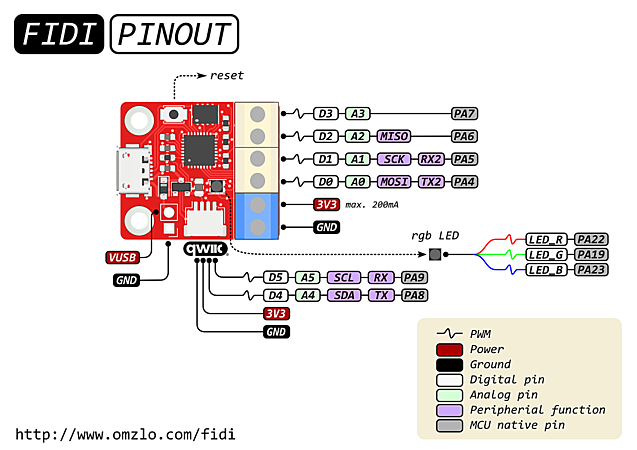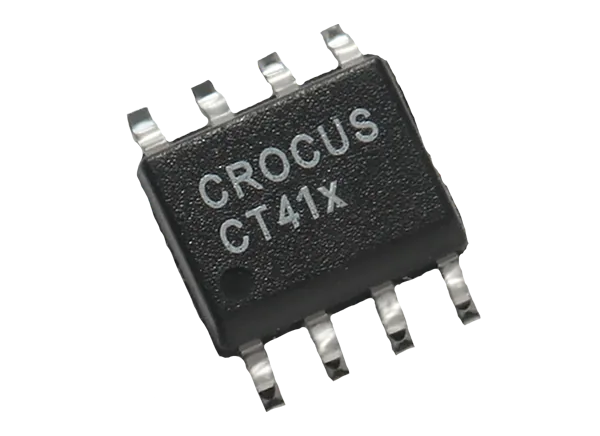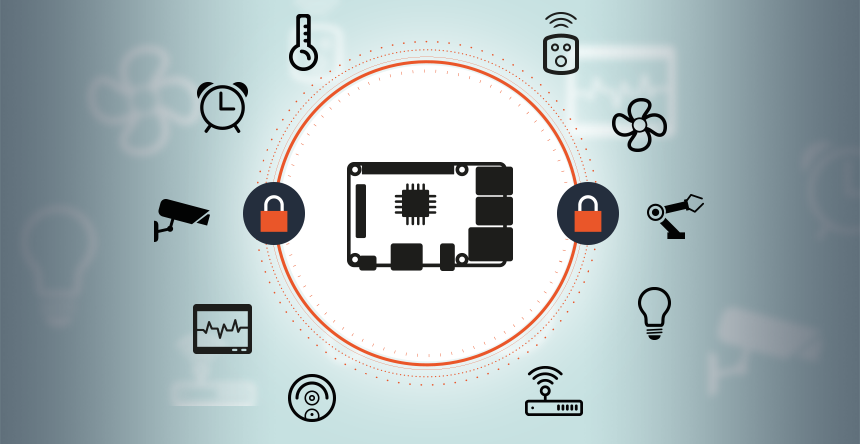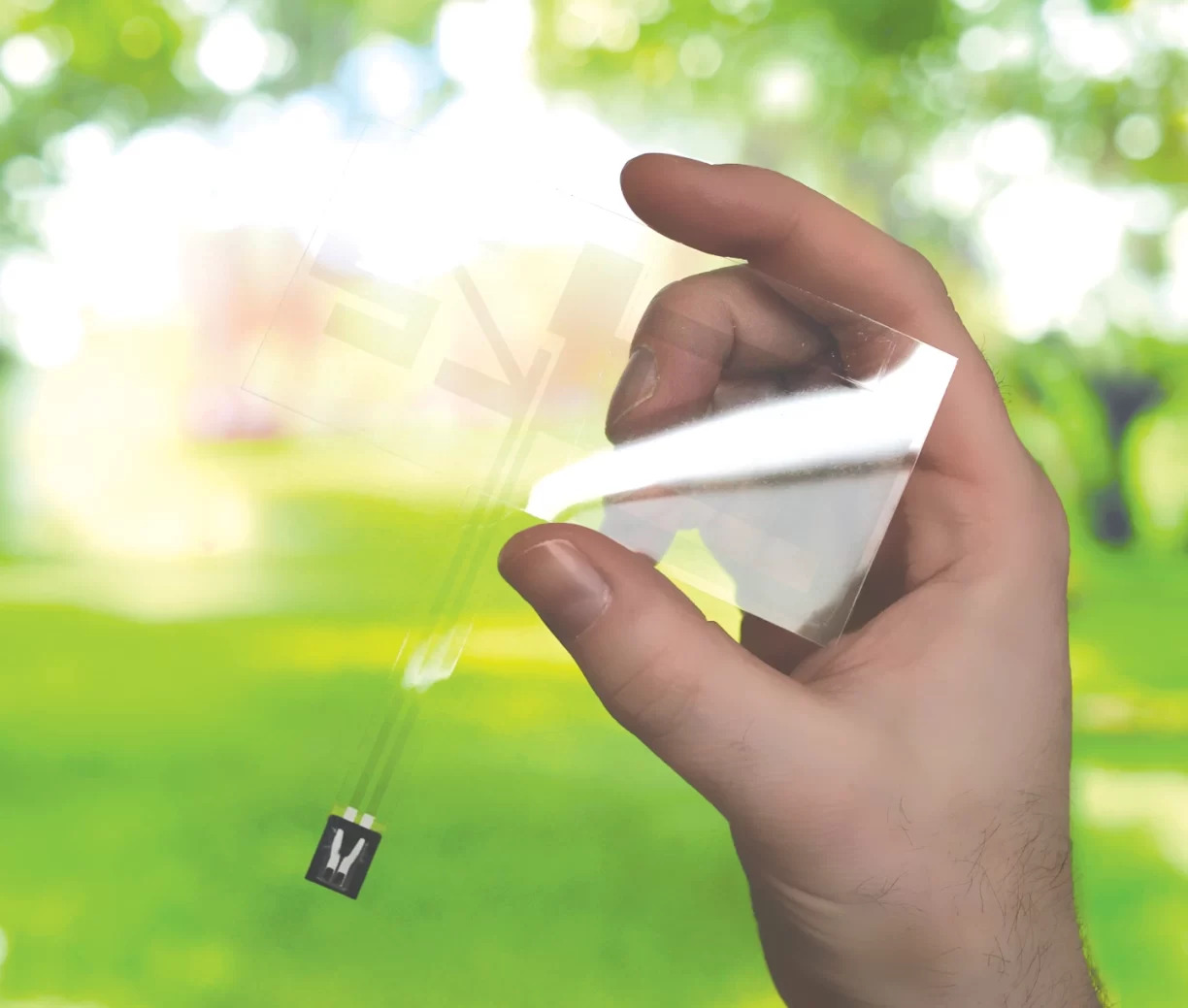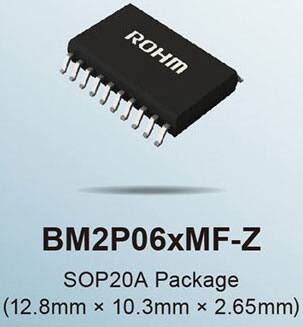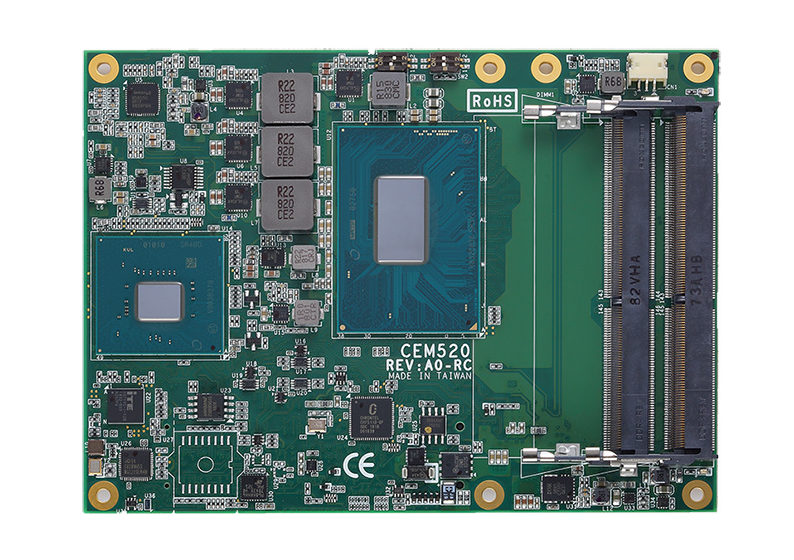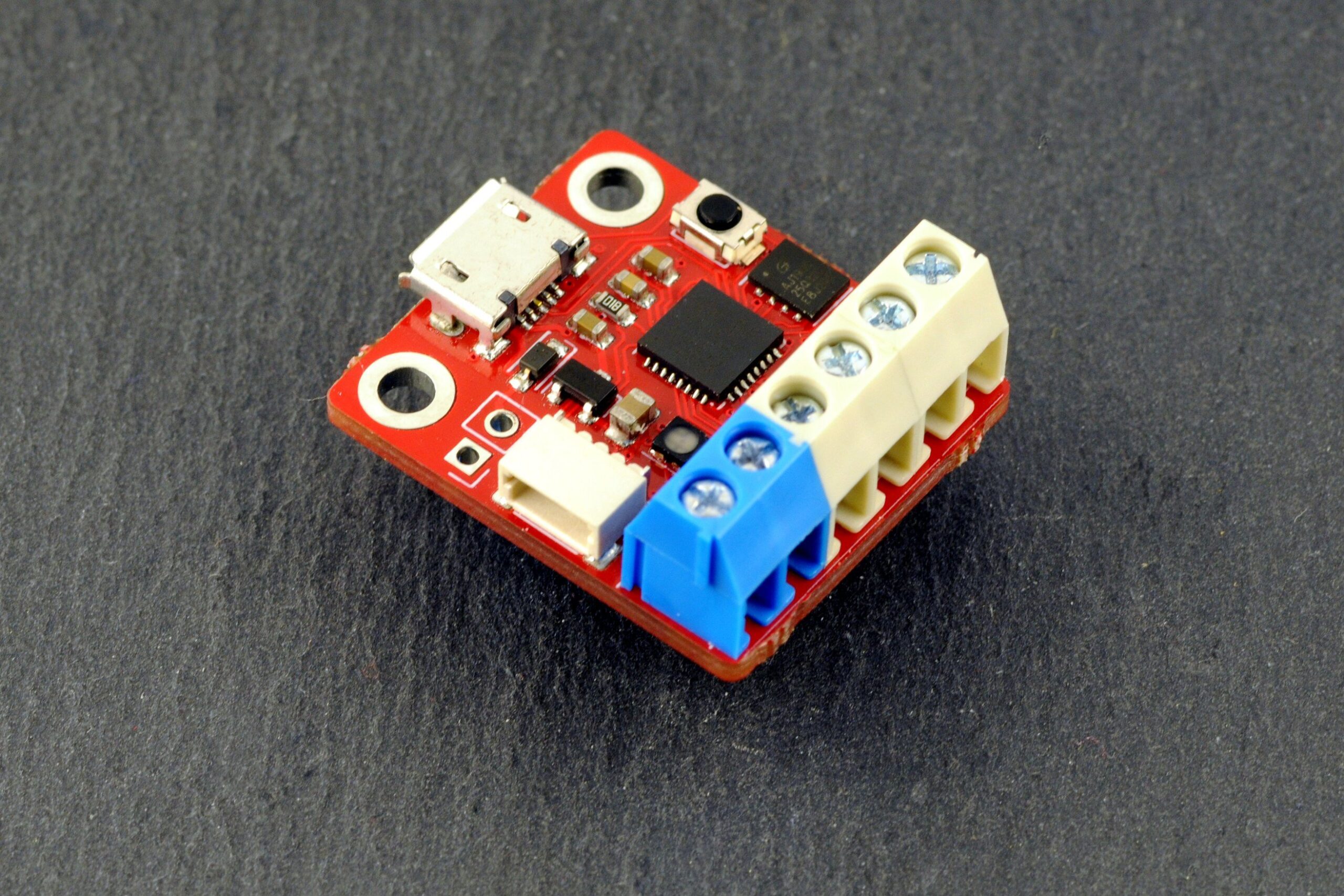
As Adafruit’s CircuitPython becomes increasingly popular as one of the basics for rapid microcontroller-based prototyping and development, several development boards are beginning to show up on the makers’ space to help fast track project prototype and production. One of such is the recent open-source CircuitPython development board by Omzlo called FIDI.
“FIDI is a small development board running Adafruit’s CircuitPython, featuring 6 terminal block connectors and a qwiic connector, designed for fast prototyping. It runs on the ATSAMD21 microcontroller, a 32-it ARM Cortex M0+ clocked at 480 MHz, as found on many popular Arduino-compatible boards”, says the open-source hardware designer.
The tiny FIDI board is a derivative of the earlier released SERPENTE by Arthuro182, also aimed at rapid prototyping and producing quick projects. The two boards have quite a number of features in common but FIDI features 3.5mm terminal blocks, JST connectors, and a Micro USB connector that enhances its connectivity. FIDI is however fully compatible with the SERPENTE, even though there is no affiliation between the two designers.
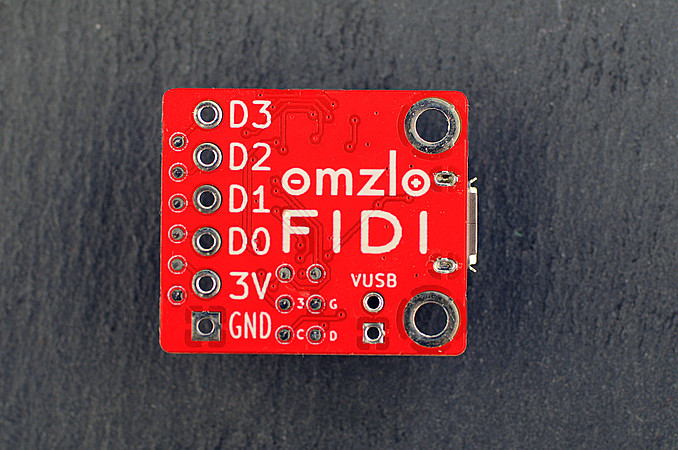
The board measures 25.4mm by 22mm (about 1 x 0.86 inch) and has other technical features which include:
- ATSAMD21E18A 32-bit Arm Cortex M0+ running at 48 MHz, fast enough for prototyping and simple applications.
- 256 KB flash memory and 32KB RAM
- 6x highly customizable GPIOs, that can be configured as 12C, SPI, UART, PWM, analog and digital I/O or a combination thereof
- Micro USB connection to PC
- RGB LED (user-controlled)
- 3.3V logic level and power
- An LDO that provides a maximum of 200mA of current
- One 4-pin JST-SH quick connector and,
- Six 3.5mm terminal block connectors
Asides from the 3 terminal blocks to be soldered to the board (which can be done for you before shipping for a fee), the FIDI development board comes fully assembled and preloaded with CircuitPython 5.0.0, that helps you get started immediately.
“With CircuitPython, writing code for FIDI is super simple. Once connected to a computer with a simple USB micro connector, FIDI shows up as a USB drive where you can drag and drop or edit your python code.” Omzlo added.
The board also has a 4MB of additional flash for storing CircuitPython codes and other files. More details on the board including schematics and Kicad design files can be found on Omzlo’s official website or Tindle where the board sells for $15.




